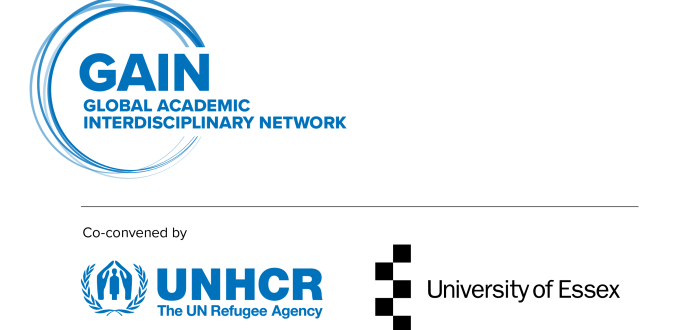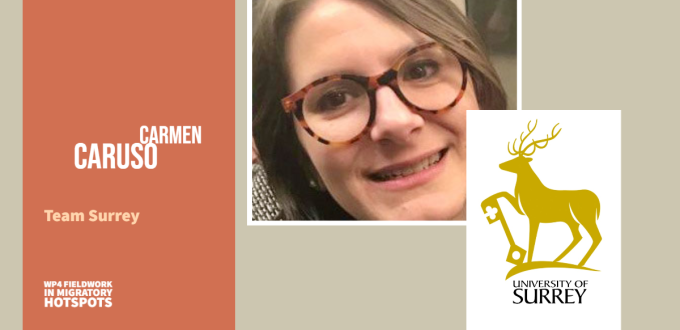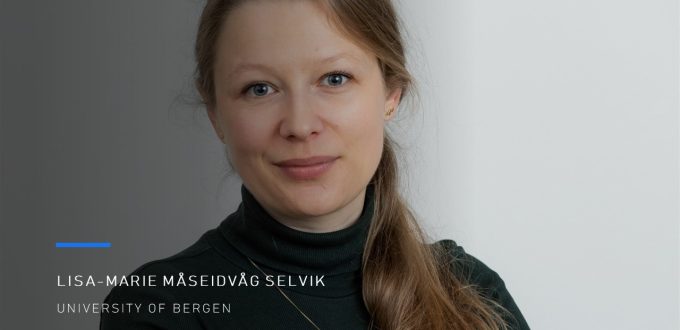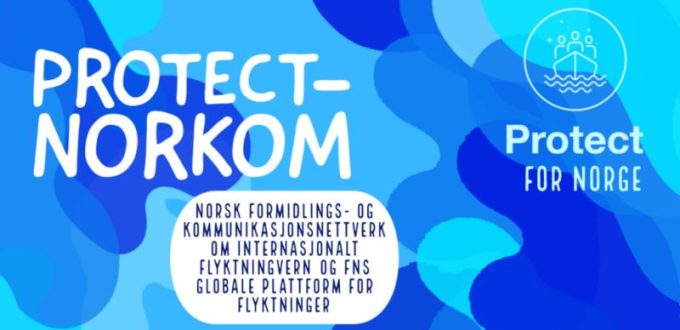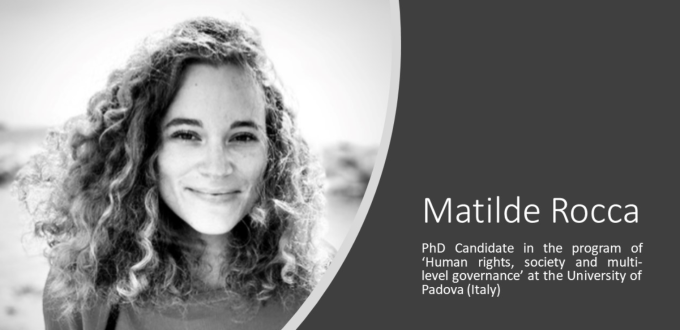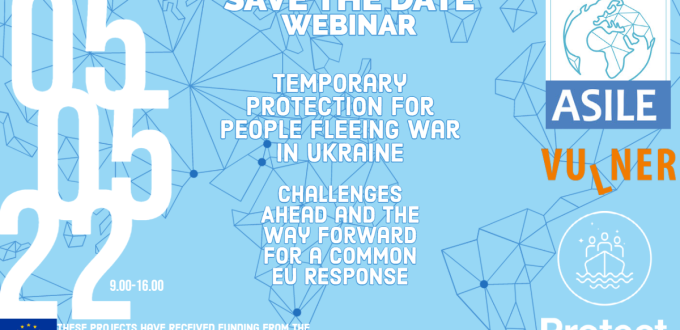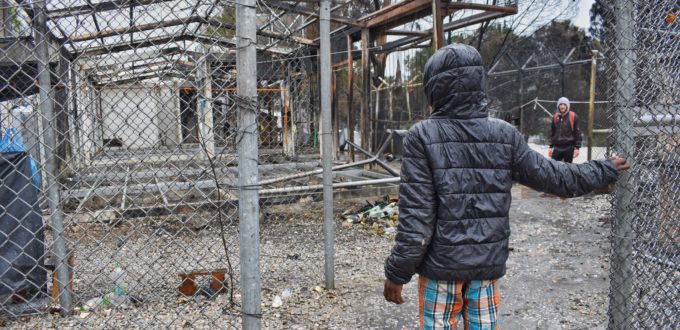PROTECT’s project leader, Hakan G. Sicakkan has initiated the University of Bergen’s partnership with the UNHCR – the UN Refugee Agency and membership in the GAIN-network during the first Global Refugee Forum in 2019, when the network was launched. The Global Academic Interdisciplinary Network (GAIN) was established by the Global Compact on Refugees, affirmed in […]
New researcher at the Surrey-team
Meet Carmen Caruso Carmen Caruso (BA, MA , PhD) is a Research Fellow at the Department of Politics, University of Surrey. Her research interests lie at the nexus of social, political, and area studies and her research work focuses on contemporary migration/mobility, citizenship, diversity and social change, drawing expressively from gender and postcolonial critique. Most […]
Roadmap to a human right-based refugee protection system
According to the UNHCR 2021 Global Trends Report, 1 in every 78 people has been forced to flee worldwide because of persecution, conflict, violence, human rights violations or events seriously disturbing public order – leading up to more than 100 million people being forcibly displaced by May 2022. Pursuant to UNHCR: “As new refugee situations emerge and intensify, and as existing ones reignite or remain unresolved, there is an acute need for durable solutions at increasing scale. The Global Compact on Refugees notes that one strategic priority for the humanitarian community is to identify and support durable solutions that enable refugees to rebuild their lives and live in safety and dignity.” But how far has the international refugee system come in responding to the needs of the refugees? The PROTECT project marks #WorldRefugeeDay by sharing our insights to this question and by sharing our roadmap to a human-rights based refugee protection system. All of which is based on intensive data collection and analysation during the two years of the project.
New researcher at the University of Bergen
PROTECT and the University of Bergen-team is lucky to have Lisa-Marie Måseidvåg Selvik as our newest researcher! Lisa-Marie is a Ph.d. Candidate at the Department of Comparative Politics at the University of Bergen. Her PhD project analyses how civil society actors attempt to advance democratic rights in African democracies, by focusing on the policy-issue of […]
The second NORCOM-symposium
In January 2021, PROTECT received supplementary funding from the The Research Council of Norway to disseminate and communicate research-based knowledge about international refugee protection to Norwegian actors involved in refugee protection, emergency aid and asylum & migration as a policy field. On 25th May 2022, the network held its second symposium on ‘Attitudes towards refugee protection in […]
Visiting researcher at the University of Bergen
PROTECT and the University of Bergen-team is lucky to have Matilde Rocca from University of Padova as a guest researcher visiting us in Bergen! Matilde Rocca is a PhD Candidate in the program of ‘Human rights, society and multi-level governance’ at the University of Padova (Italy). Her current PhD research is focused on the role […]
HORIZON 2020 JOINT VIRTUAL EVENT ON THE PROTECTION OF UKRAINIAN REFUGEES
On May 5th, 2022 a webinar on the “Temporary Protection for People Fleeing the War in Ukraine. Challenges Ahead and the Way Forward for a Common EU Response”, was jointly organized by Sergio Carrera, ASILE Project Coordinator, Luc Leboeuf, VULNER Project Coordinator, and Hakan G. Sicakkan, PROTECT Project Coordinator. Researchers and external collaborators of the […]
Det andre PROTECT-NORKOM Symposiet
I dette andre symposiet skal PROTECT-NORKOM-nettverket snakke om “Holdninger til flyktningebeskyttelse i Norge”. Vi skal fokusere særlig på norske borgeres støtte til internasjonalt samarbeid om å hjelpe flyktninger og nordmenns holdninger til spesifikke beskyttelsesmåter og -metoder. Dette skal gjøres i et internasjonalt komparativt perspektiv (26 land). Les mer om arrangementet og sjekk ut programmet, her.
Migration as a polarizing issue on social media
Social media are one of the main arenas in which European citizens discuss policy issues such as migration and in which opinion formation on such issues takes place through the sharing and consumption of information and views. At the same time, it is an arena in which traditional and alternative media, NGOs, and politicians share their views on migration and interact with citizens to promote their agenda. For this reason, social media are a melting pot of different actors and interests, and a lens through which the European discourse on migration can be studied. Social media offer both, a huge potential for, on the one side, the free and democratic exchange and, on the other, for polarization and manipulation of the European discourse on migration.
Comparing Policy Actors’ Interaction with Each Other in Political Communication of Refugee Protectio
Opinions of policy actors on migration and refugee policy are increasingly polarized due to the various economic and migrant “crises”. Especially in the current context of these crises, governments have to engage increasingly more in information-spreading activity to persuade their citizens to support their international commitment to protect refugees. Micro-blogging platforms like Facebook, Twitter, Reddit, and YouTube, which are not subject to strict fact-checks and 4 editor-scrutiny like conventional media, empower policy actors without the necessary resources for expensive media campaigns and with non-mainstream political preferences.

